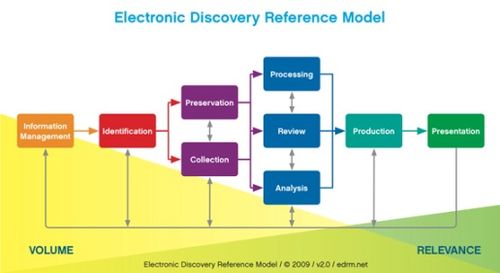eDiscovery Trends: Making the Most of LegalTech
eDiscovery Trends: Making the Most of LegalTech https://cloudnine.com/wp-content/themes/cloudnine/images/empty/thumbnail.jpg 150 150 CloudNine https://cloudnine.com/wp-content/themes/cloudnine/images/empty/thumbnail.jpg
It’s that time of year… LegalTech® New York is right around the corner. People are talking about it, making plans to get together, scheduling demos and meetings, and deciding which parties to attend. Newbies to the show are excited to go. More seasoned attendees are looking forward to seeing peers. It’s a great time to catch up with people and it offers a great opportunity to keep abreast of new industry trends and technology advancements. But, how do you get the most out of the show?
read more




